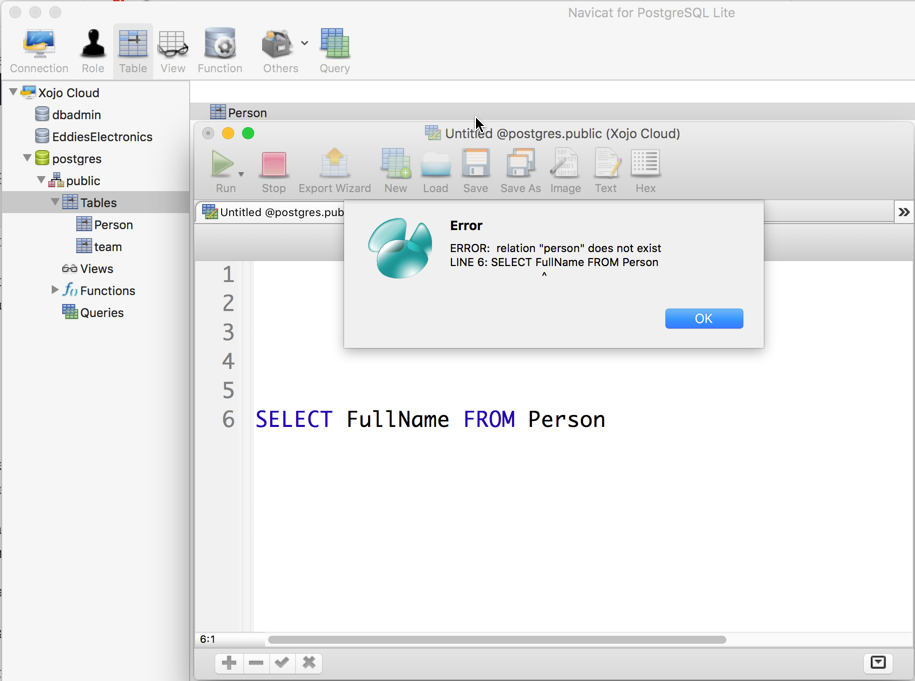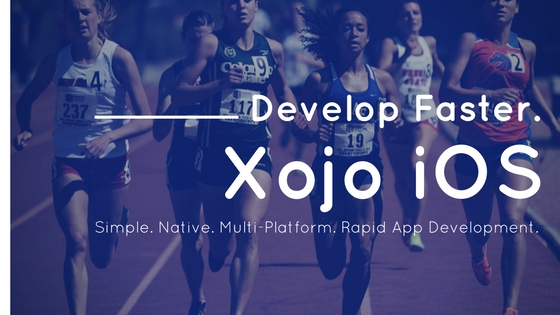In previous blog entries we saw how easy it is to implement the Design Pattern Singleton and how we can find the Observer Design Pattern already implemented on several Xojo features by default, greatly simplifying our code and interaction between the objects. Now, as promised, it is time to put it all in practice, creating our own Notification Center: a class that will allow us to share the same unique instance for the entire App (Singleton), and that can use any object in order to register itself for receiving notifications by the observed Control, for one or more message (the notifications themselves).
Comments closedCategory: Learning
Sam Rowlands has been developing Xojo apps since 1997. He and his wife, Joy Sha, make up Ohanaware and they have been building award winning apps since 2008, notably Funtastic Photos, HDRtist and Shine. Sam is an active Xojo developer and he also offers App Wrapper, which simplifies the process of preparing applications for submission to the Mac App Store and deploying on web sites, in the Xojo Third Party Store.
I’d like to introduce you to Ohanaware’s latest Made With Xojo application we’ve created for us Xojo developers. It’s called “Iconographer” and it is designed to simplify the process of creating stunning and platform-consistent icons for Mac, Windows & iOS.
Comments closedWith Xojo 2016r2 and later your iOS apps can access and use a new feature: iOS Location. This is a BIG feature to help you determine where in the world the device running your app is located and so you can react to its location. And you know what is even better? Implementing this feature is no-brainer.
Comments closedWant to see how easy it is to make an iOS app with Xojo? Check out Xojo Draw in the App Store. Released last week at the start of XDC 2016, Xojo Draw is an enhanced version of the Xojo Doodle sample project that is included with Xojo. Working on both iPhone and iPad, Xojo Draw lets you draw with touch and save your creations to the camera roll or send to other apps.
Comments closedI’ve ran into PostgreSQL case sensitivity myself before and I’ve seen it come up on the forums, so I thought it might be a good thing to bring up here.
Sometimes you hear that PostgreSQL is case-insensitive, but it isn’t really. What it actually does is convert your SQL to lowercase by default. So take a look at this SQL:
SELECT FullName FROM Person
This gets converted to:
SELECT fullname FROM person
That is nice if you happen to like to write your queries with mixed casing.
Comments closedIn the Xojo IDE Scripts Menu there are some new shortcuts you may find helpful. The items in the IDE Scripts menu under File >…
Comments closedIn this Xojo tutorial we will see how simple it is to make an iOS App that shortens an entered URL using the public API of Bit.ly. We will use our own subclass inherited from Xojo.Net.HTTPSocket, and the Declare statement in order to use some functions and methods found on the native Cocoa Touch API. In fact, the use of Declare is mandatory because with the new Xojo Framewok we don’t yet have access to the EncodeURLComponent function available with the old framework. This one is a big help in substituting any ilegal character with his hexadecimal value for the final URL’s composition.
Comments closedI recently had a folder full of jpg and png images that I wanted to reduce in size (the file sizes, not the image dimensions). There…
5 CommentsXojo is a great way to start making iOS apps. Whether you an app developer or you are just learning and want to make your own iOS apps, here are some reasons why you ought to look at Xojo.
Comments closedHaving problems controlling your projects and clients enough to enjoy your life and have fun developing software? If you can put a few systems in place, you will deliver better customer service, increase your productivity, and communicate better. Here are five tips to help you on your path of reigning in the chaos.
Comments closed




